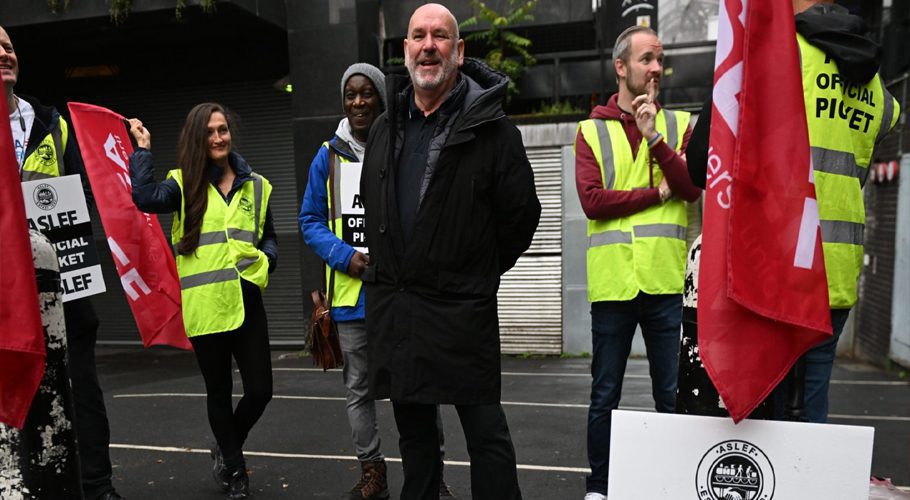Passengers across the UK face further disruption this week as train drivers union Aslef and Tube workers union RMT begin another wave of strikes.
The action, organised by the Aslef union, is expected to shut down the majority of the country’s rail network.
More than two in five train services in Britain were delayed or cancelled during the first half of the year, recent figures have shown, with industrial action being a significant factor.
When are train drivers striking?
Aslef members working at 16 rail companies will strike on Wednesday 4 October, having already walked out on Saturday.
The union is also implementing a ban on working overtime from Monday 2 to Friday 6 October.
Aslef said the action would “force the train operating companies to cancel all services and the ban on overtime will seriously disrupt the network”.
The Rail Delivery Group (RDG), which represents the train companies, said operators will run as many trains as possible, but that there would be wide regional variations, with some running no services at all.
Also read: Hungarian and US scientists win medicine Nobel for COVID-19 vaccine discoveries
Drivers will be on strike at 13 companies on October 4:
- Avanti West Coast
- Chiltern Railways
- CrossCountry
- East Midlands Railway
- Greater Anglia
- Great Western Railway
- Hull Trains
- LNER
- London Overground
- Northern Trains
- Southeastern
- TransPennine Express
- West Midlands Trains
National Rail warns passengers to expect “significant disruption” on strike days. Services are also likely to be disrupted and start later on the day immediately after.
National Rail has recommended that passengers:
- Use its Journey Planner. Passengers should check close to the time of each strike date
- Use its Live Trains page for the most up-to-date information about arrivals and departures
- Plan ahead and check before you travel. This includes checking your entire journey, especially if you’re travelling on the first and last trains of strike days




































